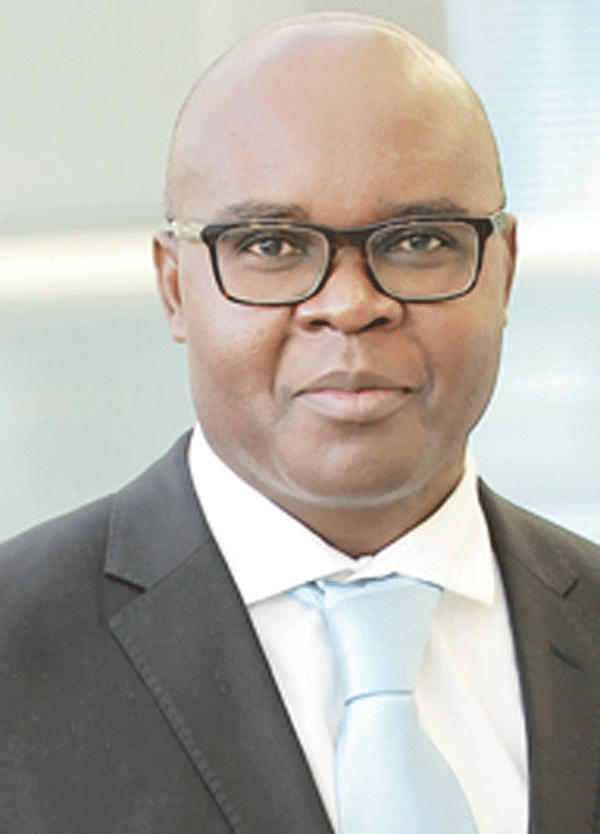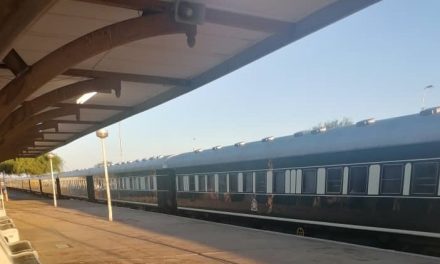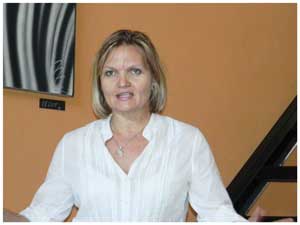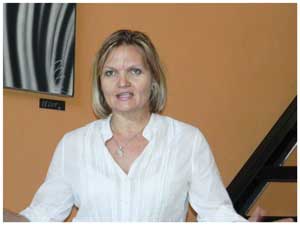
Tourism sector and SMEs given lifeline by Development Bank

The Development Bank of Namibia (DBN) has prepared measures to give relief to their clients in the wake of the COVID-19 pandemic.
The bank’s Chief Executive, Martin Inkumbi announced that they recognise that borrowers are experiencing difficulty, particularly in the tourism sector and among SMEs, therefore they will begin providing relief to preserve the development impact of their loans as well as economic activities they support.
“A temporary moratorium on repayment of capital and interest, equity conversion and resourcing and implementation of the N$500 million relief facility announced by the Minster of Finance will be among the measures,” Inkumbi said.
Inkumbi explained that the thrust of the moratorium on debt and interest repayment would be targeted at SMEs and tourism and hospitality enterprises that already have loans from the Bank and are affected by the lockdown.
“Other corporate borrowers not in the tourism and hospitality industry will be considered on a case by case basis and should individually approach us to discuss relief needed, plus, this repayment holiday excludes contrac- based finance beneficiaries, who will have to approach the bank for relief to be considered on a case by case basis,” he said.
He said unfortunately even though they do monitor repayments, the sudden and extraordinary nature of the situation means that they will not immediately be able to identify all individual clients experiencing difficulties from ongoing monitoring of repayment records.
Meanwhile, Inkumbi called for all borrowers to approach them if they are experiencing sudden contractions of cash flow due to the COVID-19 lockdown.
“The moratorium will not absolve borrowers of their debts, but will be a three-month ‘debt holiday’ during which repayment will be resumed at a later date and interest will be capitalised for the period of the holiday, but we will continue monitoring the situation and will review measures as developments unfold,” he emphasised.
Inkumbi said the bank will not cancel loan repayment because they have to match their assets and liabilities and the Bank its expected to honour repayment on amounts it has borrowed and hence it can not completely cancel borrowers’ loan repayments.
“We are duty bound to recover our capital and the interest in order to make additional loans, we operate like a revolving fund, lending money to enterprises to grow and to develop infrastructure, therefore collected repayments from borrowers are used for on-lending to finance a new wave of borrowers,” he explained.
Furthermore he said that beneficiaries of the moratorium must make management accounts available to the Bank and explain the direct and indirect impact that the COVID-19 pandemic has had on their businesses.
Inkumbi urged enterprises to reconsider their business concepts and operational models and make adjustments where possible to minimise the impact of the lockdown on the business expenses in particular, and prepare to continue with business in the near future as the lockdown is hoped to end at some point.
On the topic of equity conversions, Inkumbi highlighted that this may be offered to large corporate borrowers, that have larger loans and are experiencing cash flow challenges that can only be addressed through a restructuring of the business’ capital structure, usually by increasing the equity component and reducing the debt portion.
“This means that we will become a shareholder in the said enterprise, not with the intent to hold the equity for the long term, but to use the equity to reduce the debt burden and enable the enterprise to continue as a going concern and grow,” he added.
Meanwhile on the topic of the N$500 million SME stimulus announcement by the Minster of Finance, Inkumbi said they are in close consultation with the ministry to raise the required capital and how to implement relief measures.
“Although COVID-19 is disrupting the economy, it is vital to focus on recovery and resumption of economic activity, this will rest on all pillars of the economy but particularly Namibian enterprises, we are in this together and by working together we will emerge stronger,” concluded Inkumbi.












































